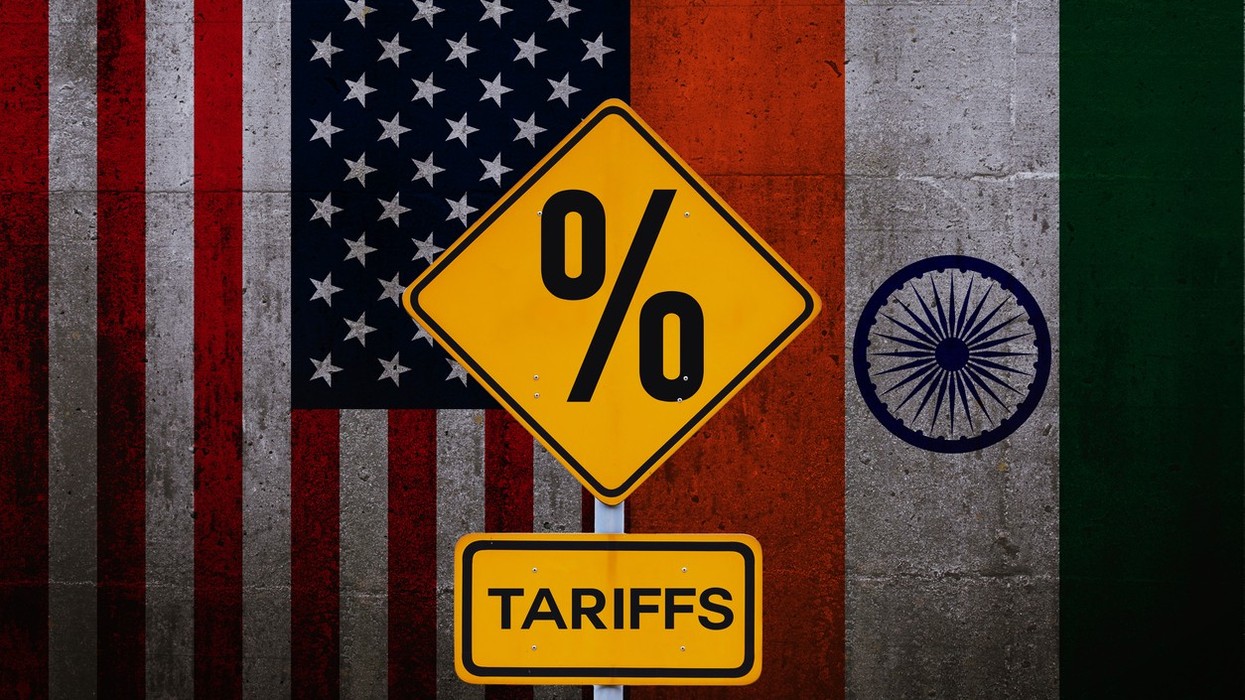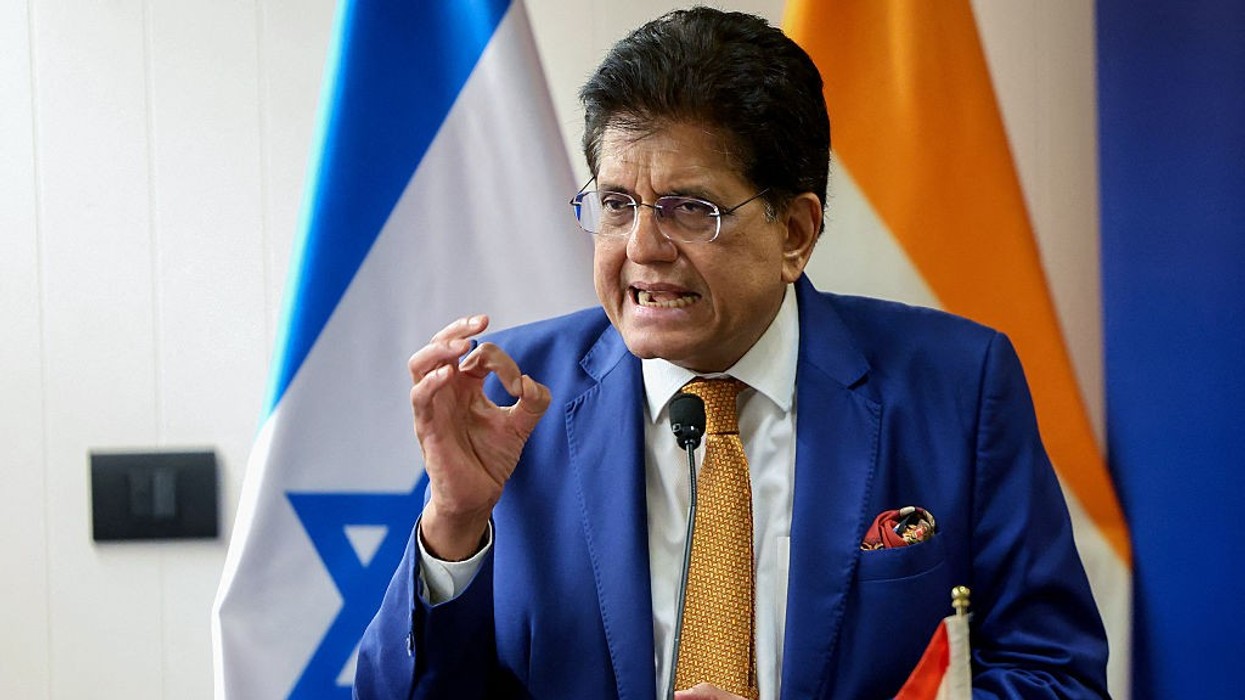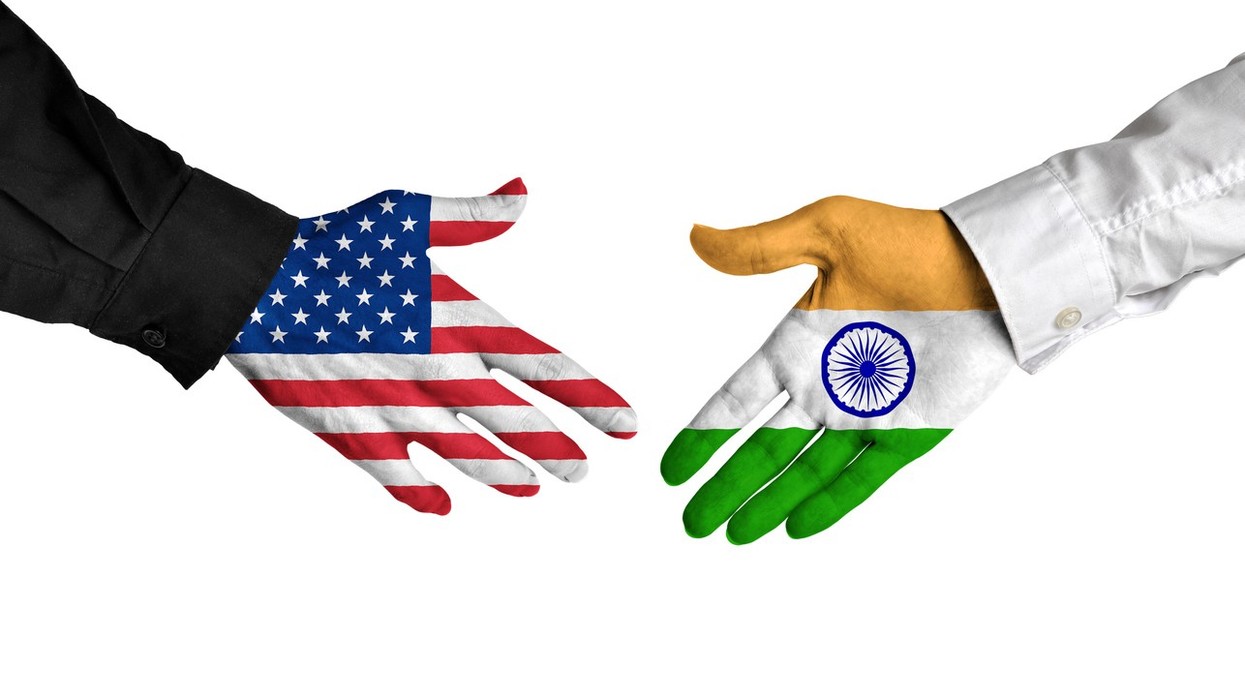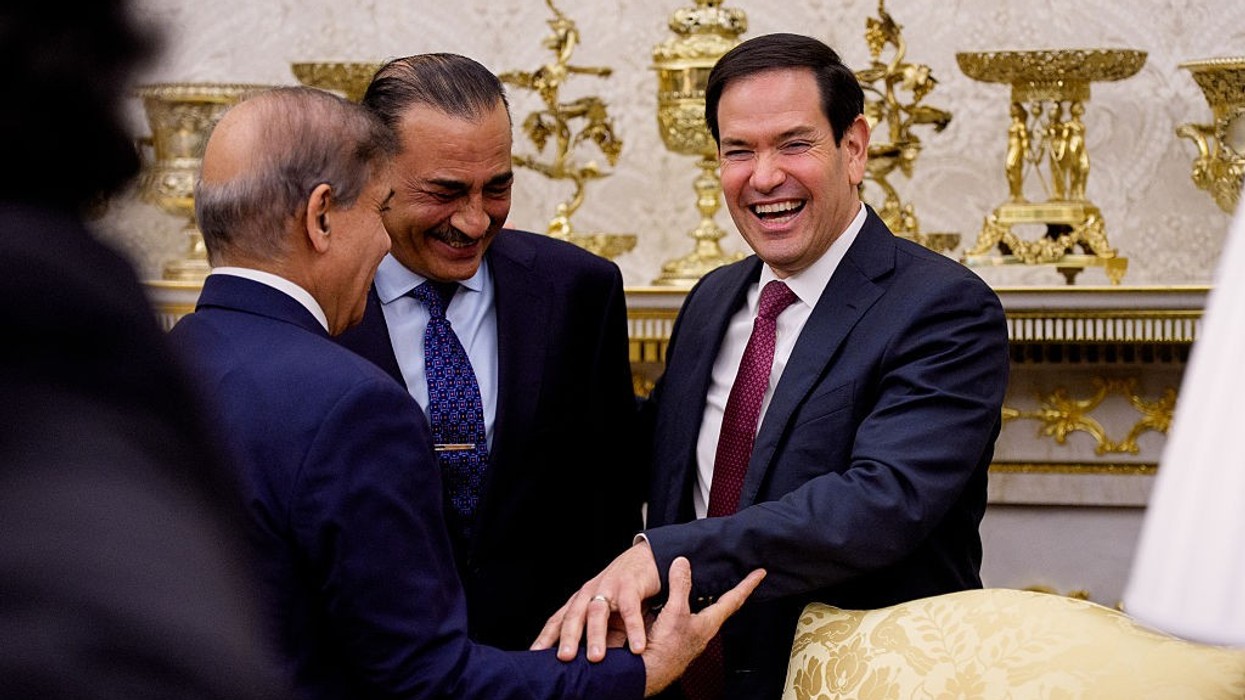President Donald Trump has thrown his full support behind Israel following its dramatic attack on Iranian military and nuclear targets late Thursday (12), an operation that killed multiple high-ranking Iranian commanders and escalated fears of a broader Middle East conflict.
As Iran retaliated with strikes of its own, the United States found itself at the center of a rapidly developing crisis, balancing alliance commitments with calls for de-escalation.
Trump Praises Israeli Attack, Urges Iran to Negotiate
In a series of interviews on Friday (13) morning, President Trump repeatedly described Israel’s strike as “successful” and “excellent,” emphasizing the close alignment between the U.S. and its longtime ally.
He called on Iran to return to the negotiating table and agree to a nuclear deal, suggesting that the attack might push Tehran toward a diplomatic solution. “We of course support Israel, obviously, and supported it like nobody has ever supported it,” Trump told CNN, underscoring his administration’s unwavering backing.
Trump also revealed that the U.S. was aware of Israel’s plans in advance, though he stopped short of confirming any direct American involvement. “Heads-up? It wasn’t a heads-up. It was, we know what’s going on,” he told The Wall Street Journal.
When pressed by NBC News, Trump praised Israel’s use of “American equipment” in the operation but declined to specify if the U.S. had played an active operational role.
Iran Retaliates, U.S. Defends Israel
Iran’s response was swift. On Friday (13), Iranian forces launched missiles and drones toward Israel, with explosions reported in Jerusalem and smoke seen rising over Tel Aviv. Israeli paramedics said at least 34 people were wounded, including one critically, in the strikes around Tel Aviv.
The U.S. military moved quickly to support Israel’s defenses. According to American officials, U.S. air defense systems in the region were activated to help intercept incoming Iranian missiles.
American fighter jets were also launched from bases in the Middle East to protect U.S. forces and support Israeli operations, though it remains unclear if they directly intercepted any of the Iranian projectiles.
In anticipation of further escalation, the Pentagon ordered two U.S. Navy destroyers to move toward the eastern Mediterranean. These ships, equipped to defend against ballistic and cruise missile attacks, are part of a broader effort to bolster regional security and deter additional Iranian retaliation.
Divergent U.S. Messaging and International Reactions
While Trump’s statements left no doubt about his support for Israel, Secretary of State Marco Rubio took a more cautious approach. Rubio emphasized that Israel had acted unilaterally and that the U.S. was not involved in the strikes, stressing that the top American priority was the protection of U.S. personnel in the region.
“Israel took unilateral action against Iran. We are not involved in strikes against Iran and our top priority is protecting American forces in the region,” Rubio said.
Internationally, U.S. allies expressed concern over the escalation. UK Prime Minister Keir Starmer, French President Emmanuel Macron, and German Chancellor Friedrich Merz held urgent talks, reaffirming Israel’s right to self-defense but urging all parties to pursue a diplomatic resolution.
“The leaders reaffirmed Israel’s right to self-defense, and agreed that a diplomatic resolution, rather than military action, was the way forward,” a Downing Street spokesperson said.
Israel Signals More to Come as Iran Blames U.S.
Israeli Prime Minister Benjamin Netanyahu signaled that further strikes could be imminent, stating, “More is on the way. The regime doesn’t know what hit them. They don’t know what will hit them.” Israeli officials justified the attack by citing intelligence that Iran was preparing a major assault on Israel.
Iran, meanwhile, condemned both Israel and the U.S., holding them fully accountable for what it called “blatant violations of international law.” Iran’s UN mission issued a strong statement, and Supreme Leader Ayatollah Ali Khamenei vowed severe consequences.
Outlook: Uncertainty Over Nuclear Talks
The immediate future of nuclear negotiations remains unclear. Trump told Reuters he is unsure if the U.S. special envoy’s scheduled talks with Iran in Oman would proceed in the wake of the attacks. As the region braces for potential further escalation, the world watches anxiously, hoping that diplomacy can prevail over a slide into wider conflict.















